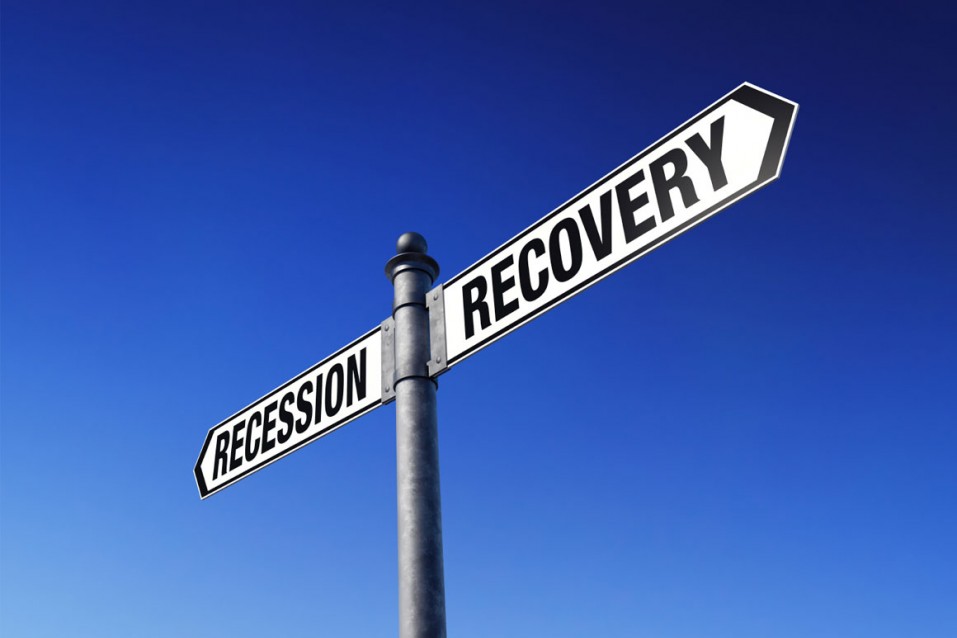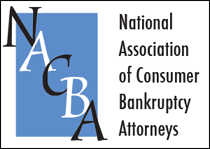6 Bad Habits that Can Lead to Bankruptcy
Facing financial ruin and having to declare bankruptcy is a terrifying experience, but one that unfortunately affects many people within the U.S. In order to make sure that you’re financially set and have all of your monetary affairs in order, here are six bad habits that can lead to bankruptcy that you should absolutely avoid:
1. Not Paying Your Bills on Time
One of the worst habits that a consumer can get into is failing to pay bills on time, regardless of what type of bill it is. Whether it’s a student loan payment, a phone bill, household utilities, a credit card, a car payment, or a mortgage, paying your bills on time is important. When a consumer fails to pay his bills on time, a black mark against the consumer’s credit history is often made – as a credit score gets worse, the chances of having to declare bankruptcy skyrocket.
2. Having Multiple Credit Cards
The second biggest mistake that a consumer can make is having an excessive amount of credit cards. While one, two, or even three credit cards may be okay for the person who knows how to manage his debt, any more than that, and even a financially responsible consumer might find themselves in financial trouble. Having too many credit cards is risky because it allows a person with poor spending habits to rack up monstrous amounts of debt with a variety of different companies. If a consumer can’t pay back his credit card on time or in full every month, then his credit score takes a hit. Plus, having multiple credit cards makes a person a more likely victim for credit card fraud.
3. Failing to Budget
Perhaps the single most debilitating bad financial habit a consumer can have is failing to create a budget within his means. Financial solvency is all about establishing a reasonable and manageable budget, and then sticking to it. Too many consumers fail to create a financial plan that works for them, and then end up spending way beyond their means. A budget should include all of the basic monthly and yearly expenses – like rent, food, utilities, a car payment, etc. – as well as extra expenses like eating out, and a savings account. CNN recommends saving 10 to 15 percent of income.
4. Not Creating an Emergency Fund
Let’s face it: emergencies happen. Maybe you’ve locked yourself out of your apartment and require a locksmith (which costs approximately $100); maybe your car gets a flat tire; maybe you have an urgent and unexpected ER trip – whatever it is, being prepared with cash on hand in the event of an emergency is essential to avoiding bankruptcy. An emergency fund and a savings account are not the same thing. The former should be used in an event of an emergency, and savings shouldn’t be used at all – savings are for retirement purposes, or large financial expenses in life, like buying a house or getting a college degree.
5. Making the Minimum Payment Only
All credit cards companies issue a monthly statement, which informs the debtor of how much they owe. However, the credit card company also highlights on the statement the minimum monthly payment that is due. For example, if a person has a debt of $200 that month, they may only have to pay back $35 of it that month. While this may seem advantageous, the truth is that this can be crushing for a consumer. When you fail to pay back the full amount that you’ve borrowed every month, you’ll get charged an extreme amount of money in interest. To help your credit score, and to avoid accumulating more debt than you really owe, always borrow within your means, and pay your credit card back in full every month.
6. Buying the Most Expensive Version of Everything
Even if you are living within an established budget, that doesn’t mean that you need to be buying the most expensive version of everything. Often times, people will choose to buy cars, homes, and other pricey items that they can technically afford, even though the purchase means saving less and living more lavishly than necessary. Because you never know when a financial emergency might happen, remind yourself that while you definitely deserve nice things, you might not need the latest and greatest device, home, or vehicle on the market.
In order to avoid bankruptcy, make sure to set a budget, live within your means, avoid accumulating more debt than you can afford, create an emergency fun, and always pay your bills on time and in full.
Sources
http://money.cnn.com/retirement/guide/basics_basics.moneymag/index7.htm
http://www.bankrate.com/finance/debt/10-bad-habits-that-lead-to-debt-disaster-3.aspx



